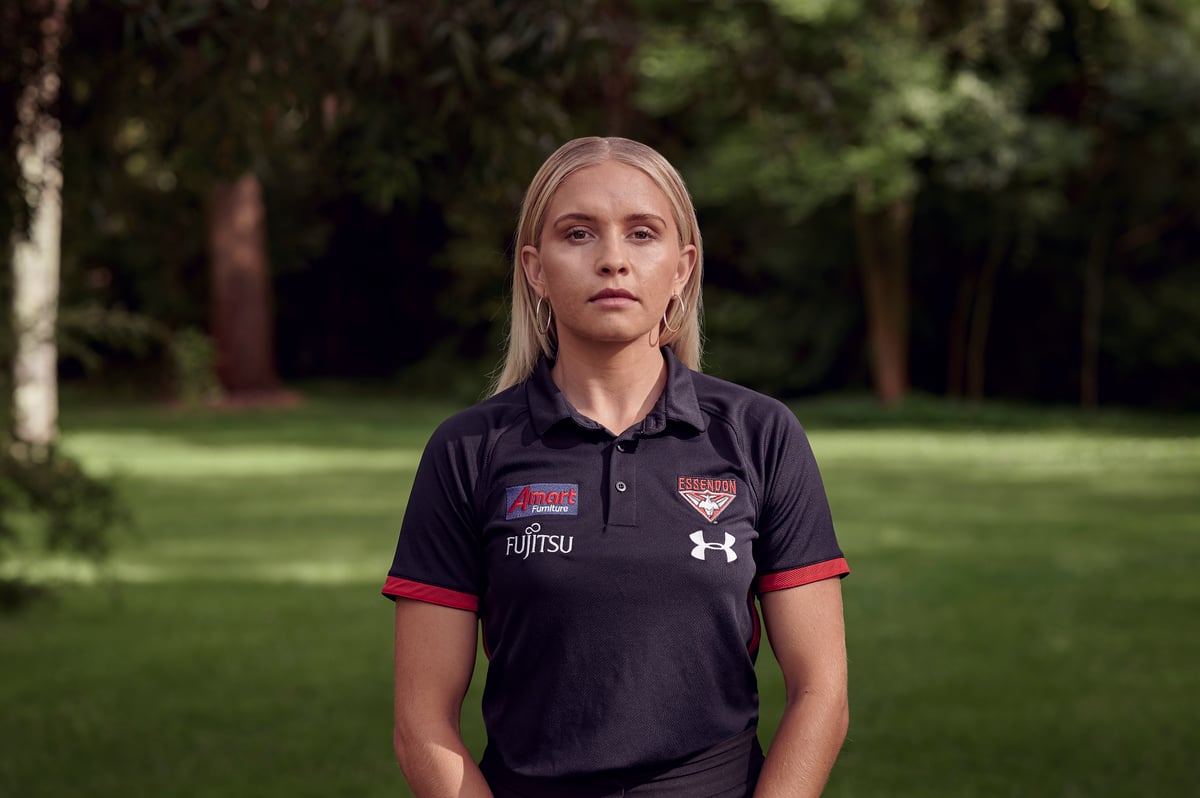
This post deals with domestic violence and might be triggering for some readers.
"A lot of people may have the idea that we have resentment, and we want revenge. No, that’s absolutely incorrect."
Noongar woman Courtney Ugle is part of the Victorian Government’s Deadly and Proud campaign, aimed at highlighting the state’s historic path to drafting a treaty with their Aboriginal community.
Right now, Australia is the only Commonwealth country to have never signed a treaty with its Indigenous peoples. Whilst there is no national movement to rectify this, Victoria is currently on the brink of becoming the first state in Australia to sign a treaty.
Watch: An indigenous woman answers the awkward questions she always gets asked. Post continues below.
On Tuesday, the state government announced a "truth-telling" royal commission, which will provide an authoritative account of Victoria's history of colonisation and explore the historical and contemporary injustices.
Ugle, who is a VFLW player, says she is proud to witness this moment in history and to help advocate for the unity of the nation.
"I think if you look throughout history, there was a lot of 'us' and 'them'," she tells Mamamia. "We always talk about having a great future, creating a great future for our kids and the younger generations coming through. I think the best way to do that is to come together as one, no matter what race you’re from."

Top Comments